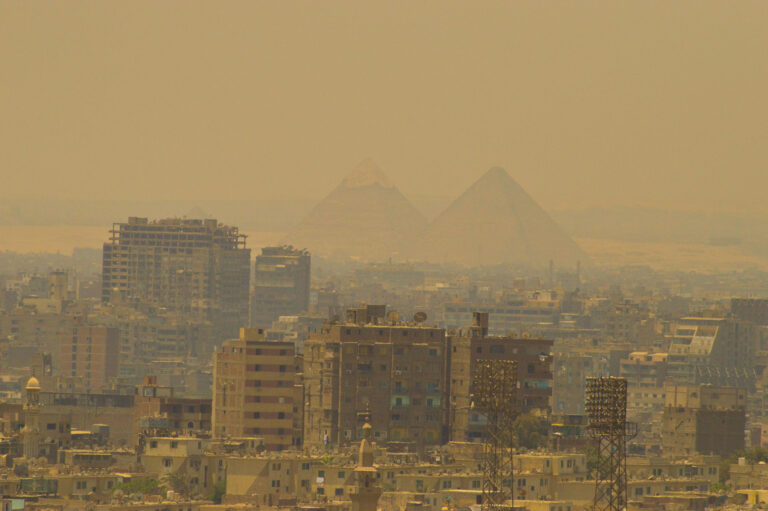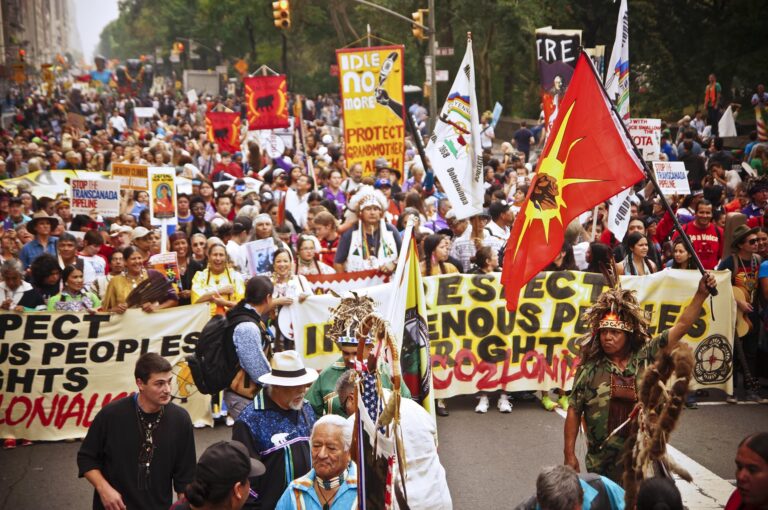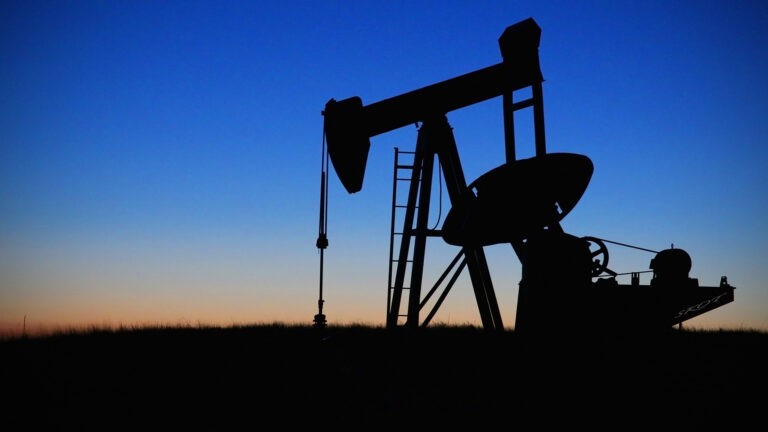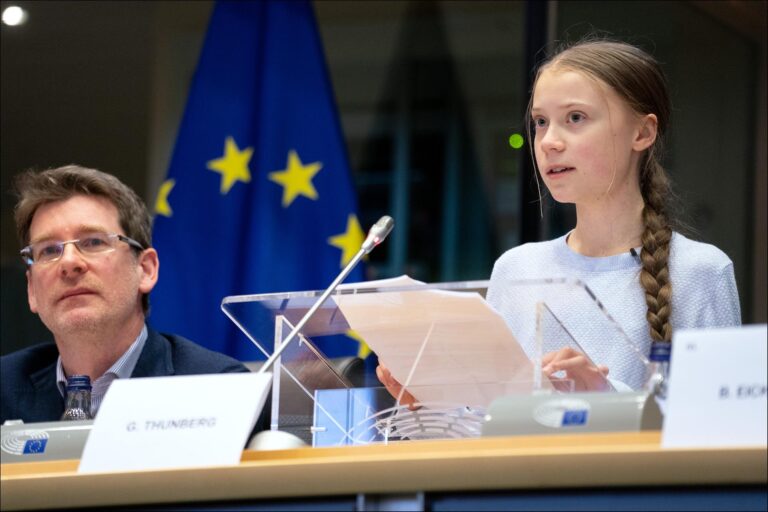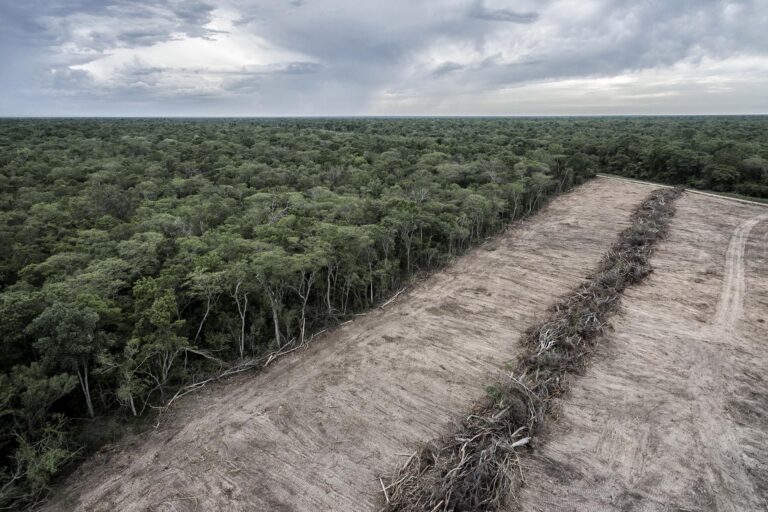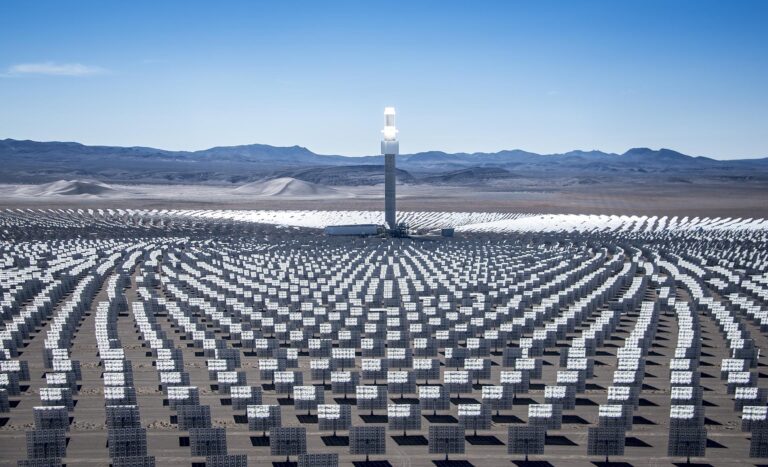The Paris Agreement states that: Parties shall cooperate in taking measures, as appropriate,...
As governments and companies are transitioning from fossil fuels to renewable energy, minerals and other physical materials are needed to build new technologies, like solar panels, electric vehicle batteries, and windmills.
To power this new energy economy, critical minerals, or mineral resources that are essential for clean energy technologies, economies, or national security, are essential. Under a scenario in which warming reaches 2 degrees Celsius over pre-industrial levels, demand for critical minerals will increase more than 1,000 percent.
There are more than fifty critical minerals, including lithium, nickel, copper, tin, and cobalt. If not carried out in a rights-respecting way, the extraction, transportation, and processing of critical minerals threatens human rights and the environment. Mining, including open-pit mining, can permanently damage ecosystems, pollute drinking water sources, increase the risk of respiratory illnesses for workers and local residents, and result in the forced displacement of local communities. For instance, cobalt mining in the Democratic Republic of the Congo has been linked with child labor. Lithium mining companies in Chile’s Atacama Desert have been accused of threatening indigenous land rights and drinking water resources. Nickel mining in Indonesia has led to poisoning of fresh and sea water, labor rights abuses, and forced displacement of Indigenous communities.
Globally, an estimated 54 percent of critical mineral mining projects are located on Indigenous Peoples’ lands, posing disproportionate risks to Indigenous Peoples by endangering customary land rights and the loss of traditional livelihoods.
In addition, the mining and processing of critical minerals is energy intensive, and the mining sector is currently responsible for 4 to 7 percent of global greenhouse gas emissions.
Despite the growing need for critical materials to decrease reliance on fossil fuels, a just, sustainable transition to renewable energy should fully respect human rights and international law, including the right to a clean, healthy, and sustainable environment.
Photo Credit: Mining on deforested land in East Kalimantan, Indonesia. Indonesia has large deposits of nickel and copper, demand for which is increasingly fueled by the Electrical Vehicle industry. Photo by Moses Ceaser/CIFOR (CC BY-NC-ND 2.0)
More reading...
The right to speak freely about the impact of climate change and to...
The right to participate in public affairs in combatting climate change is critical.
One of the most urgent challenges for global efforts to address the climate...
In an effort to stave off climate catastrophe, many countries have made commitments...

